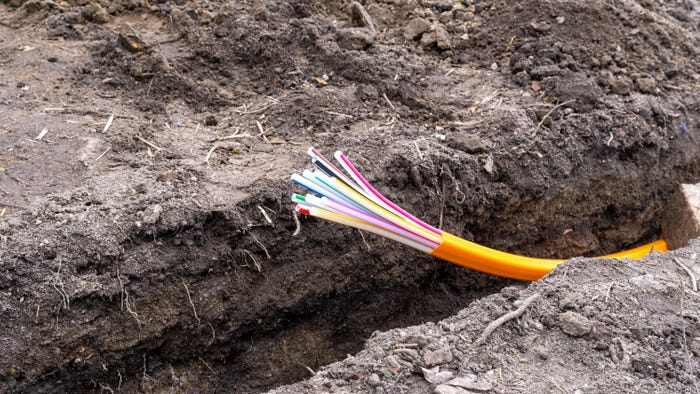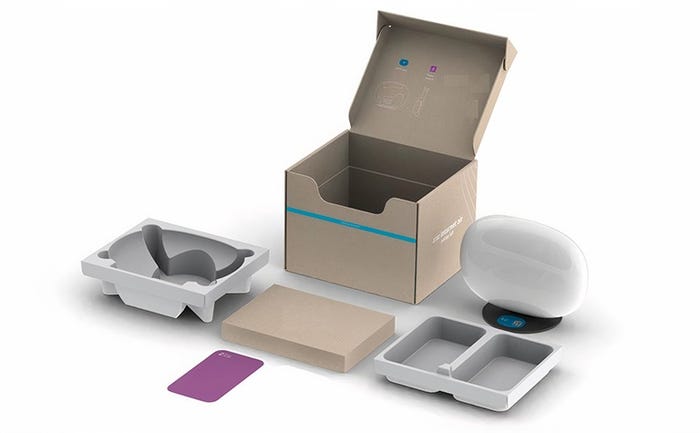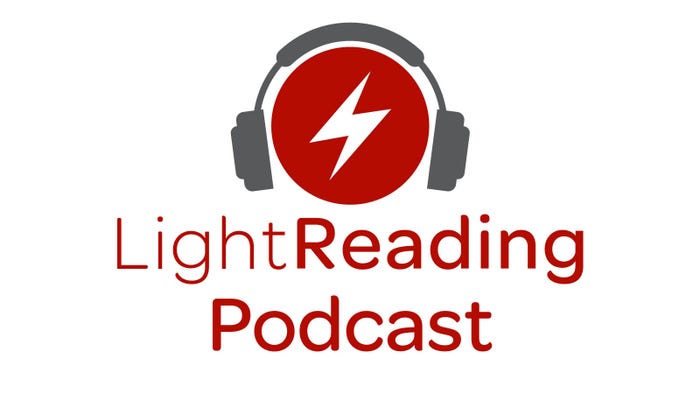Swisscom office building with logo sign
Regulatory & Politics
Eurobites: Swisscom fined CHF18M over fiber rollout strategyEurobites: Swisscom fined CHF18M over fiber rollout strategy
Also in today's EMEA regional roundup: Telia Q1 revenue down; UK's competition authority gets twitchy over Big Tech's AI maneuvers; the power of pizza.
Subscribe and receive the latest news from the industry.
Join 62,000+ members. Yes it's completely free.








.jpg?width=300&auto=webp&quality=80&disable=upscale)




























.jpeg?width=300&auto=webp&quality=80&disable=upscale)




